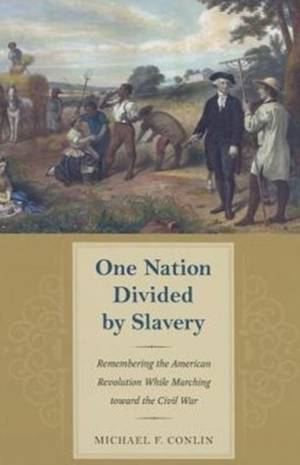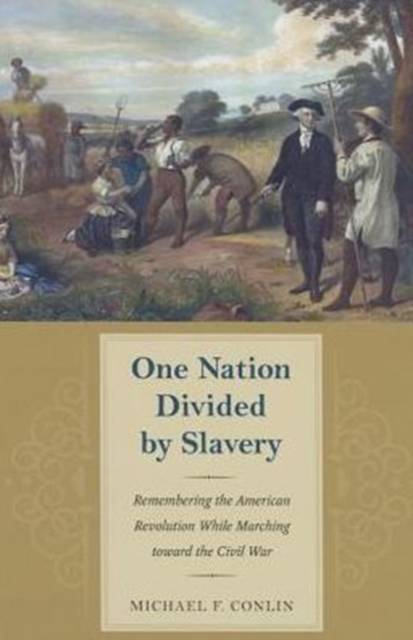
- Retrait gratuit dans votre magasin Club
- 7.000.000 titres dans notre catalogue
- Payer en toute sécurité
- Toujours un magasin près de chez vous
- Retrait gratuit dans votre magasin Club
- 7.000.0000 titres dans notre catalogue
- Payer en toute sécurité
- Toujours un magasin près de chez vous
One Nation Divided by Slavery
Remembering the American Revolution While Marching Toward the Civil War
Michael F ConlinDescription
In the two decades before the Civil War, free Americans engaged in "history wars" every bit as ferocious as those waged today over the proposed National History Standards or the commemoration at the Smithsonian Institution of the atomic bombing of Hiroshima. In One Nation Divided by Slavery, author Michael F. Conlin investigates the different ways antebellum Americans celebrated civic holidays, read the Declaration of Independence, and commemorated Revolutionary War battles, revealing much about their contrasting views of American nationalism.
While antebellum Americans agreed on many elements of national identity--in particular that their republic was the special abode of liberty on earth--they disagreed on the role of slavery. The historic truths that many of the founders were slaveholders who had doubts about the morality of slavery, and that all thirteen original states practiced slavery to some extent in 1776, offered plenty of ambiguity for Americans to "remember" selectively. Fire-Eaters defended Jefferson, Washington, and other leading patriots as paternalistic slaveholders, if not "positive good" apologists for the institution, who founded a slaveholding republic. In contrast, abolitionists cited the same slaveholders as opponents of bondage, who took steps to end slavery and establish a free republic. Moderates in the North and the South took solace in the fact that the North had managed to end slavery in its own way through gradual emancipation while allowing the South to continue to practice slavery. They believed that the founders had established a nation that balanced free and slave labor.
Because the American Revolution and the American Civil War were pivotal and crucial elements in shaping the United States, the intertwined themes in One Nation Divided By Slavery provide a new lens through which to view American history and national identity.
Spécifications
Parties prenantes
- Auteur(s) :
- Editeur:
Contenu
- Nombre de pages :
- 240
- Langue:
- Anglais
- Collection :
Caractéristiques
- EAN:
- 9781606352403
- Date de parution :
- 13-11-15
- Format:
- Livre relié
- Format numérique:
- Genaaid
- Dimensions :
- 160 mm x 231 mm
- Poids :
- 498 g

Les avis
Nous publions uniquement les avis qui respectent les conditions requises. Consultez nos conditions pour les avis.






